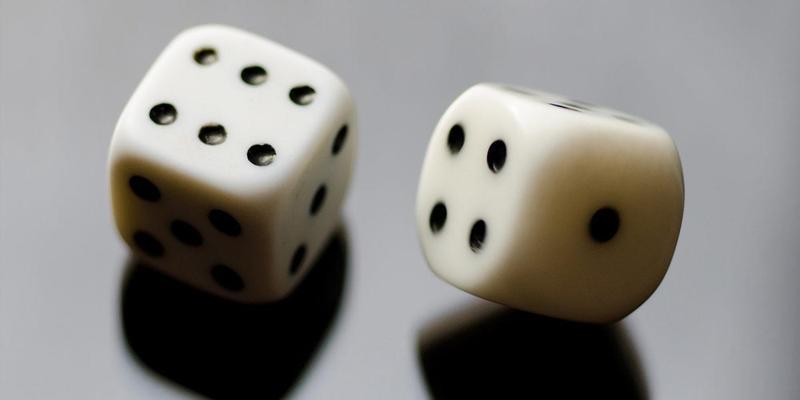Science Says: ‘Lucky Streaks’ Are Real, and For a Reason
Science Says: ‘Lucky Streaks’ Are Real, and For a Reason
Maybe you’re not a gambler, but you probably have a grasp of the concept of a “hot hand” or a lucky streak. I’ve wondered before—is this a real phenomenon? My own experience suggests it could be, but one person’s anecdotes are just that.
Luck-ily, a new study of online betting shows that the concept of a “hot hand” is real, but perhaps not for the reasons you might expect. The study found that when a person wins a bet, they become increasingly likely to succeed after each win. The converse is also true: Once you lose a bet, you become progressively more likely to keep losing.
The fascinating study looked at 565,915 sports bets made by 776 online gamblers in Europe and the United States, and found that, all things being equal, you’re likely to win or lose 48 percent of the time (draws presumably account for the remaining 4 percent). After a single winning bid, the chance of winning a second goes up ever so slightly to 49 percent.
But here’s where things get interesting. After the second win, the chance of winning a third time increases to 57 percent. After that: 67 percent. Following a four-bet winning streak, the chances of scoring a fifth haul increase to 72 percent. The probability of a sixth win is then 75 percent, and finally, after six wins, bettors had a 76 percent chance of notching lucky No. 7.
What the heck is going on here? What probably explains this pattern is that after each win, people selected bets with better odds. Bettors appear to assume that after each win, they were more likely to lose–to regress to the mean, as they say — and so they compensate by making safer bets.
Winners worried their good luck was not going to continue, so they selected safer odds. By doing so, they became more likely to win.
The study, published this month in the journal Cognition, also found that losses can breed more losses. After losing twice, the chances of winning decreased to 40 percent. After four losses, the chance of winning was 27 percent. After six duds, you have only a 23 percent chance of winning.
The explanation: after each loss, gamblers on average choose bets that are less likely to turn out, apparently assuming that they are more likely to win than before — and perhaps to make up their losses (although, on average, people gamble less after each loss). As you probably know, bets with a lower chance of winning have higher payouts.
The idea that one is more likely to lose after winning, or more likely to win after losing, is known as the gambler’s fallacy (in reality, all things being equal, one is just as likely to lose or win on any given bet, assuming one is betting on independent events that don’t effect each other’s outcomes, as is the case with the vast majority of sports bets). This stands in contrast to the “hot hand fallacy”: that one is more likely to win while on a hot streak. Bettors apparently don’t generally believe this to be true, or at least their behavior suggests they don’t.
“The result is ironic: Winners worried their good luck was not going to continue, so they selected safer odds,” the researchers wrote. “By doing so, they became more likely to win. The losers expected the luck to turn, so they took riskier odds. However, this made them even more likely to lose. The gamblers’ fallacy created the hot hand.”
The researchers, Juemin Xu and Nigel Harvey at University College, London, conducted the study by examining the online betting activities of people on sports such as horse racing and soccer.
Bret Jopa/Popular Science
Be the first to post a message!
